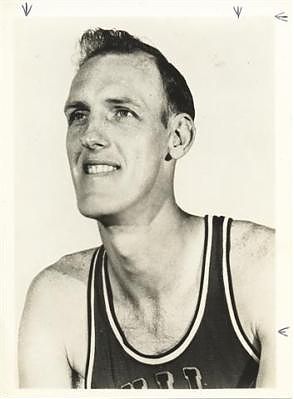Carmelo Anthony
Carmelo Anthony has been a star in the NBA since day one, and after 13 seasons, it's only right that he get some recognition as one of the best players in NBA history. He has scored at least 20 points per game in each of the first thirteen seasons of his career, making him one of just 6 players to accomplish that feat, with the others being Kareem, Hakeem, LeBron, Shaq, and Jordan.
During that time, he hasn't just been reaching the 20-point plateau, he's been well above it quite often, reaching 25 points per game 7 times in his career, and he's ended nine seasons ranked among the top 8 scorers in the league, including one season in which he was the league's top scorer. He's also spent nearly his entire career as the best player on his team, only playing second fiddle during Iverson's full season in Denver and for the last half of his first season with Amare.
Not only has Carmelo scored a lot in his career, he took his team to the playoffs in each of his first ten seasons in the league, although he has only seen his team pass through the first round twice, in 2009, when he led the Nuggets to the Western Conference Finals, and 2013, when they lost in the second round.
Carmelo also used to own an NBA record that is quite impressive. In 2008, he scored 33 points in one quarter against Minnesota, tying George Gervin's record that had stood untouched for just over 30 years. That equates to nearly 3 points per minute during that quarter, and his total for the quarter was more than his season average for points per game.
Sadly, Carmelo only seems to have two things going for him: he is a great scorer, and he has done it for a long time. He has never been known to have an all-around game, as he is fairly average at shooting and rebounding, and he has had very little success in the playoffs, with only 3 series wins in 13 tries, without a single appearance in the NBA Finals. He's still only 32 years old and seems to still be on top of his game, so maybe something will change and he can still climb higher on this list.



